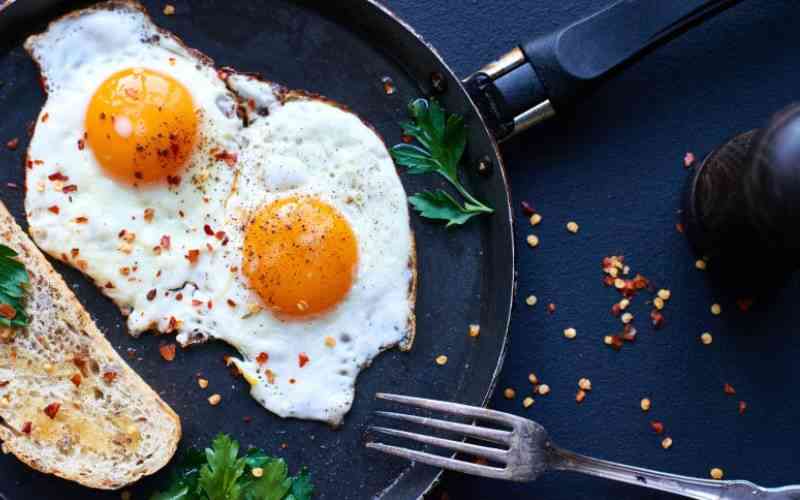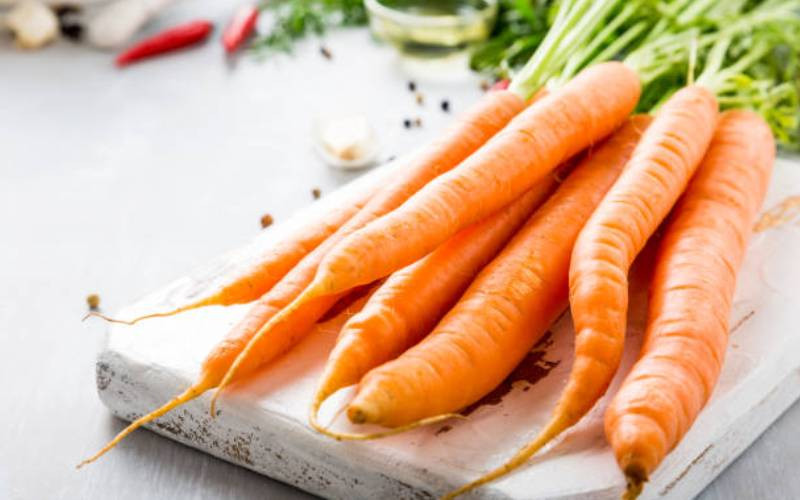There is no doubt that pweza (octopus) is a revered delicacy at the Kenyan Coast.
Its demand cuts across religion, age and social backgrounds with both open air joints and high end restaurants making a tidy sum from sale of octopus soup and meat.
Those who partake of this delicacy swear it is a cure for impotence.

Bongo has been selling octopus soup and meat at an open air joint that adjoins the ferry crossing channel for six years now and has established a steady customer base.
At Bongo’s joint, boiled or deep fried pweza meat sells from Sh15 a piece while the soup is served in small cups that costs as little as Sh5.
He mainly gets his supply from fishermen who frequent Shelly Beach within Likoni, Mombasa County, which is known as a hunting ground for these mollusks.
The delicacy is also common in Shimoni area within Kwale, Malindi in Kilifi County and other areas within the coastal region - especially those that border the ocean.
To fish this marine animal that has eight arms and lives in salty water, specifically coral reefs, in relatively shallow water, requires a certain skill.
Fishermen use a sharp pointed iron rod to stab the mollusk before using a hooked rod to pull it out. They then beat it against a hard surface, such as a cement block, tarmac or a rock in order to soften the meat.
The meat, which has no bones, is then washed and boiled without adding water or salt since the octopus produces both from its body. Adding water or salt to the meat is believed to dilute its potency and compromise the soup’s flavour.
Another popular method of preparing the meat is by deep frying it or shallow frying it with vegetables. When cooked, the meat is purple-reddish in colour on the outside and white in the inside. The meat is tender and easy to chew.
“I have heard lactating women claim that it increases milk production as well as body stamina,” says Abdulhakim Salim, a regular consumer of the meat.
Another regular consumer of the meat and soup, Ali Picana, says octopus is also a detoxifier and a virility booster.
“There’s no need to buy Viagra and other vitality drugs that have bad side effects when there is octopus soup and meat which are not only natural but are more effective in dealing with impotence,” he says.
According to George Kazungu, Manager - Blues Fish Shop in Mtwapa, demand for octopus meat has peaked in the last few years.
At his shop, located a few metres from Mombasa-Malindi Highway, a quarter kilogramme of octopus meat costs Sh50 when in season and up to Sh200 when out of season.
Nutritionist Daisy Kagendo underlines the nutritional value of octopus and explains why it is a good fertility booster - especially for men.
“Sea foods such as oysters and octopus are some of the richest sources of zinc, which not only enhances libido but also sperm production,” she says.
Kagengo also notes that octopus meat is a good source of iron, calcium, potassium, phosphorus and selenium. It is also rich in vitamin C, vitamin A as well as several B vitamins and Omega 3 essential oils.
The nutritionist notes that studies have shown lack of vitamin A is a common cause of impotence in men while vitamin C is useful in synthesis of androgen, estrogen and progesterone. These three are critical hormones when it comes to fertility while selenium is essential for peak sexual performance.
 The Standard Group Plc is a multi-media organization with investments in media platforms spanning newspaper print
operations, television, radio broadcasting, digital and online services. The Standard Group is recognized as a
leading multi-media house in Kenya with a key influence in matters of national and international interest.
The Standard Group Plc is a multi-media organization with investments in media platforms spanning newspaper print
operations, television, radio broadcasting, digital and online services. The Standard Group is recognized as a
leading multi-media house in Kenya with a key influence in matters of national and international interest.










